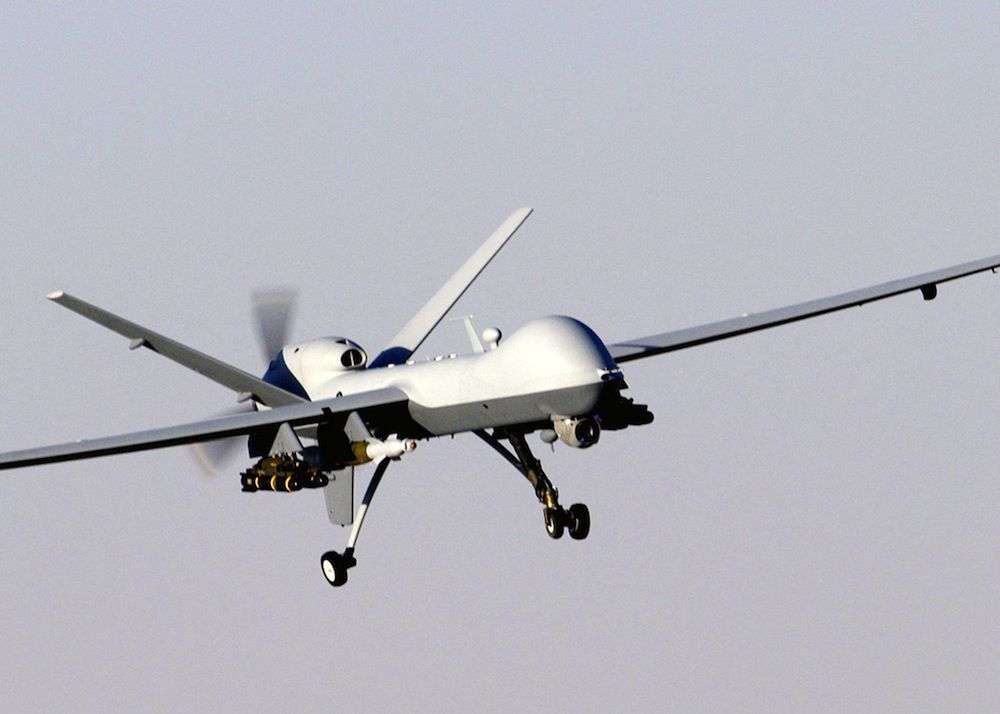Massive New Attack Drone Under Development in Russia

Russia is developing a new 20-ton attack drone that may be used to carry out strikes on stationary and moving targets over land and sea, according to news reports.
Sukhoi, a Russian aircraft manufacturer, is building the massive drone, whose prototype could be ready by 2018, reported Pravda, a political Russian newspaper based in Moscow. The specific capabilities of the new vehicles have not been discussed publicly, but are expected to rival similar American attack drones.
The developments signal Russia's commitment to establishing a strong drone program, Russian officials said.
"From the point of view of theory, engineering and design ideas, we are not in the last place in the world," Vladimir Anokhin, vice president of the Russian Academy of Geopolitical Issues, told Pravda in this translated quote.
Still, Anokhin said Russia has a long way to go.
"We have wonderful teams that have spent decades working on this," he said. "But we do not have enough hands. We do not have the industrial base, we do not have skilled workers who could produce a massive amount of those drones that we need so much now."
Until now, drone development had been largely neglected in Russia, said Denis Fedutinov, a Russian expert on unmanned systems.
Sign up for the Live Science daily newsletter now
Get the world’s most fascinating discoveries delivered straight to your inbox.
"Currently, the Ministry of Defense of Russia is working to remedy this situation by initiating and funding a program to create a range of [drones] of different types and class," Fedutinov told Pravda.
The U.S. military uses drones to collect surveillance and to carry out attacks. Recently, U.S. and Japanese officials finalized an agreement to allow American drones to fly out of Japan to spy on North Korea.
Maintaining a fleet of drones will improve Russia's defense capabilities and bolster the country's Air Force, Anokhin said.
"Drones can be sent to combat zones, to explore and carry out regular observations, without risking human lives," he said. "This is the next step in the development of aviation that has [a] future."
Follow Denise Chow on Twitter @denisechow. Follow LiveScience @livescience, Facebook & Google+. Original article on LiveScience.

Denise Chow was the assistant managing editor at Live Science before moving to NBC News as a science reporter, where she focuses on general science and climate change. Before joining the Live Science team in 2013, she spent two years as a staff writer for Space.com, writing about rocket launches and covering NASA's final three space shuttle missions. A Canadian transplant, Denise has a bachelor's degree from the University of Toronto, and a master's degree in journalism from New York University.











